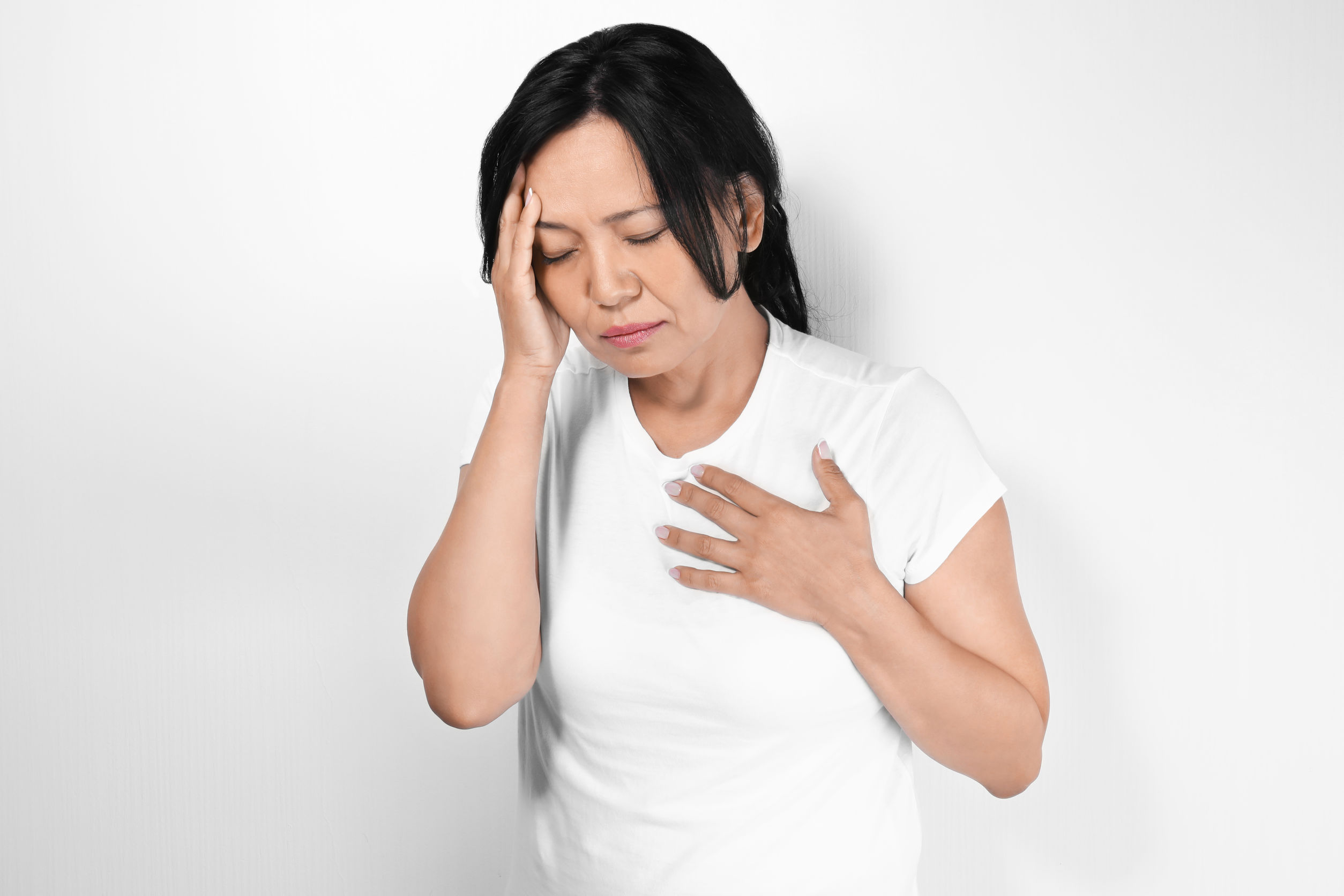When hot flashes start, one immediately thinks of menopause. This makes sense since it is symbolic of the time around age 50 that all women face. There is no transition without hot flashes. But is this really the case? Or is there another cause for these hot flashes as well?
You will not soon forget the first time you have a hot flash. You sweat, turn bright red, and your chest and neck become incredibly hot. One automatically starts wondering: will it be a transition? The answer is: not necessary. The extreme heat can also have a completely different cause. It can also occur in men. Here are the six main causes:
1) Medication
All medications have side effects, and hot flashes are one of them. They occur more frequently with painkillers, antidepressants, beta-blockers, and medicines for hormonal abnormalities, such as the Pill. You can have hot flashes even if you are not yet over 50 years old. Therefore, please be sure to read the package leaflet.
2) Overweight
The probability of hot flashes occurring outside menopause is much lower if you are thin. According to an American study, overweight women should lose a few pounds. The reason why this phenomenon occurs is not yet clear. Researchers speculate that it is because women with a higher fat percentage also produce more estrogen. This may exacerbate hot flashes. High body fat also reduces the body’s ability to cool itself.
3) Alcohol and Caffeine
With each sip of alcohol, the liver immediately gets to work. This means that the body becomes much hotter. Depending on how much you drink, this phenomenon can continue during sleep. The result is lying hot and sweaty in bed. Caffeine also has this effect. The degree of sensitivity varies from person to person. Therefore, coffee consumption may be the cause of hot flashes.
4) Stress
Stress and anxiety can induce hot flashes. This is because long-term stress alters hormones. Hot flashes are often accompanied by palpitations and profuse sweating. Even those who have panic disorder are prone to hot flashes. You may want to consult your doctor if you suffer from this often.
5) Infection
Hot flashes can also mean infection. Infections often begin with a fever, which is much like hot flashes. The temperature rises as soon as the body starts to fight the virus or bacteria. In this case, it is not a transition but possibly the flu.
6) Spicy Food
It goes without saying that spicy food literally makes you hot, but this should be on the list anyway. Eating spicy food causes blood vessels to dilate and nerves to awaken. Then your body temperature rises, and you are craving cooler temperatures before you know it.

7) Emotional Reactions
Hot flashes at times are possibly due to the body’s normal emotional response to a given circumstance or setting. It is common to experience sudden skin heat and redness when feeling upset, excited, or embarrassed. These emotions trigger the nervous system and dilate blood vessels, causing sweating, increased body temperature, increased heart rate, and hot flashes.
8) Rosacea
Skin conditions such as rosacea, characterized by facial redness and bumps, also commonly cause flushing due to chronic distension of blood vessels in the face and upper body.
In fact, it is recommended that people with rosacea avoid triggers such as scorching environments, spicy foods, hot drinks, alcohol, stressful situations, and drugs that can dilate blood vessels and cause further redness and flushing.
Do you also suffer from hot flashes? Share your experience with us in the comments below!


